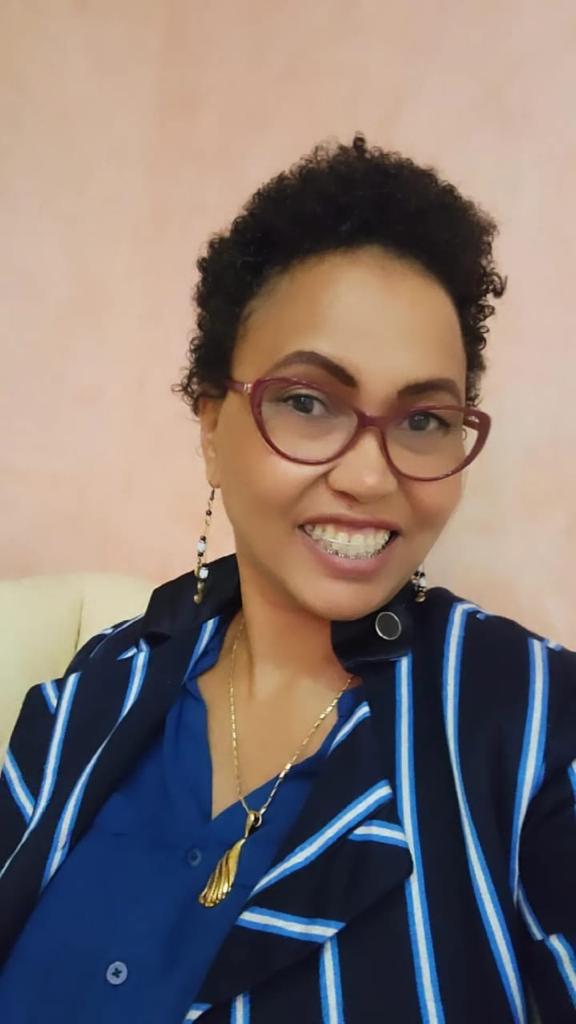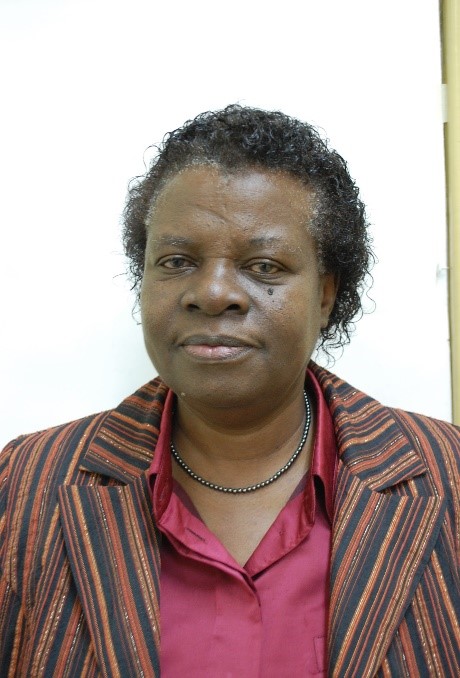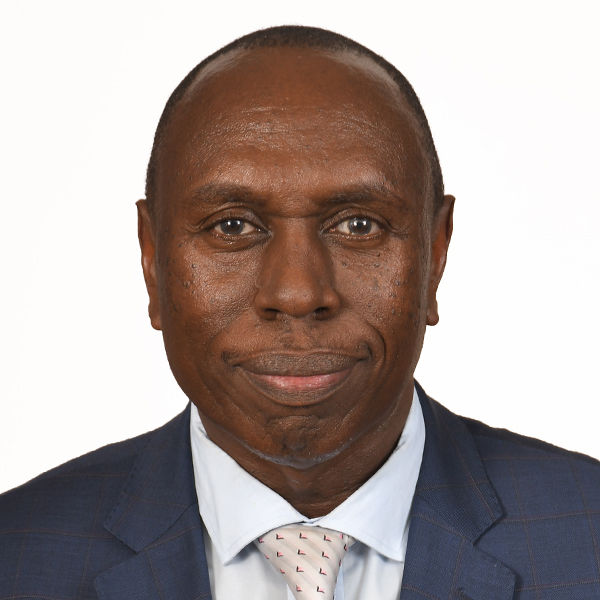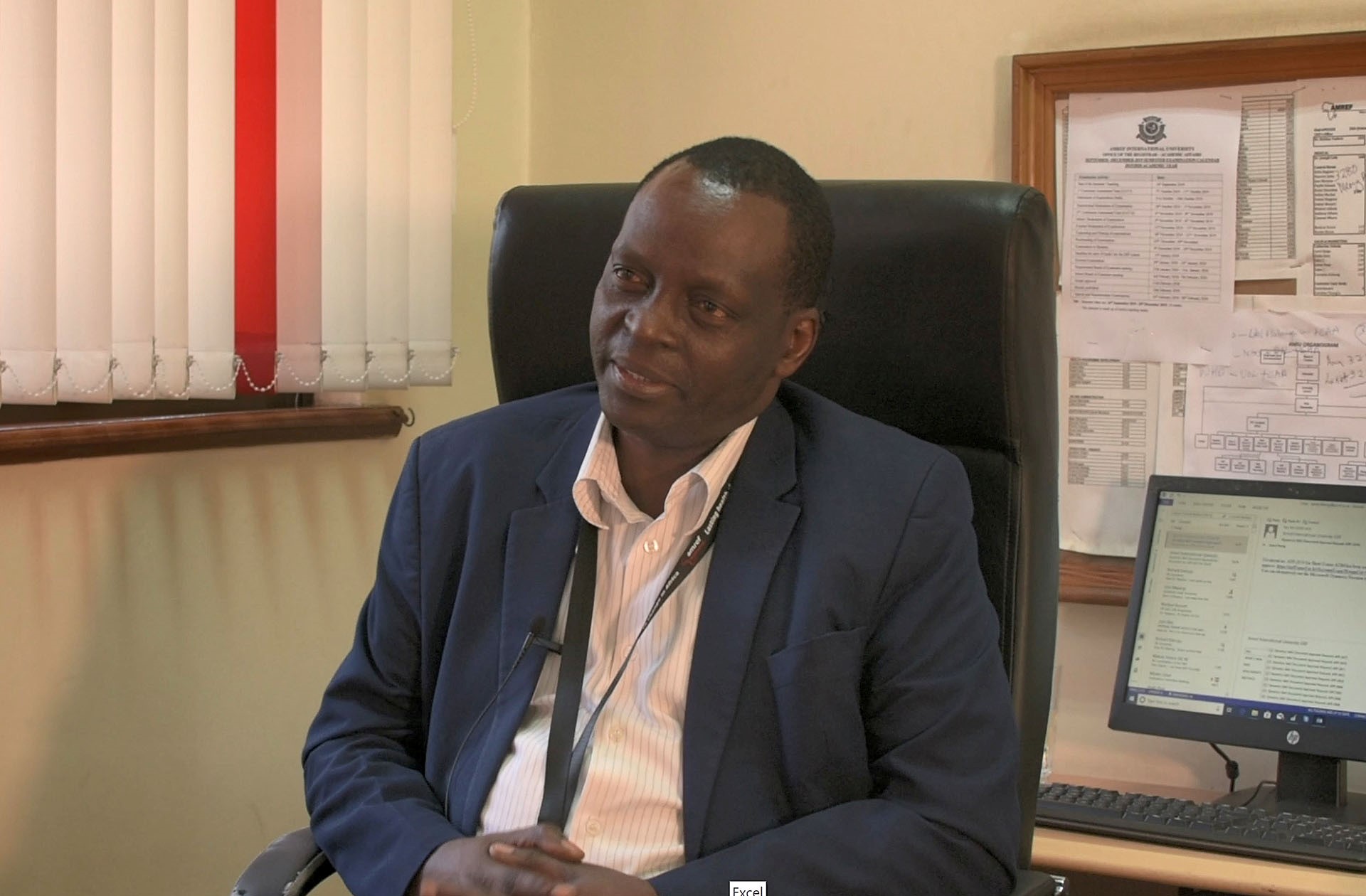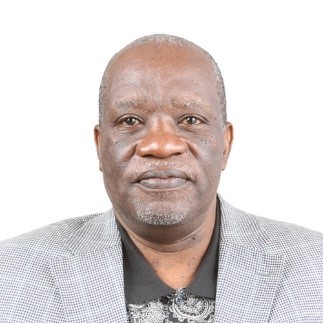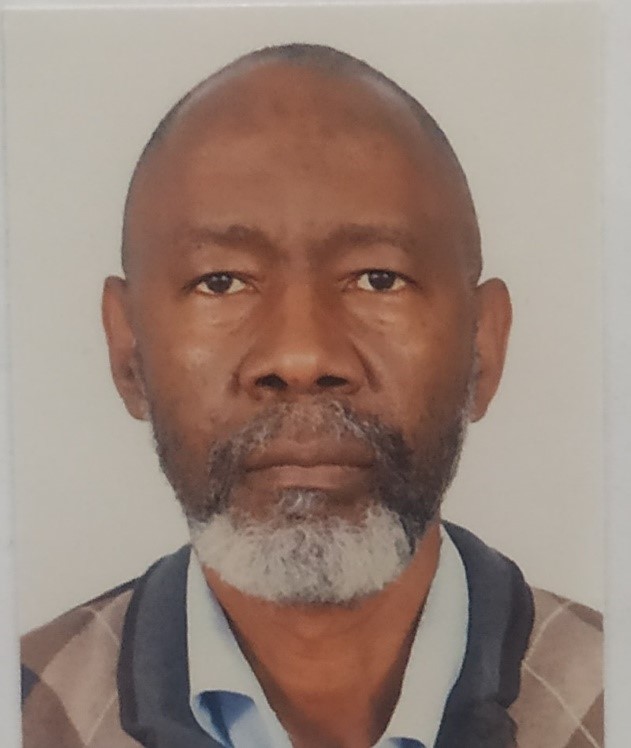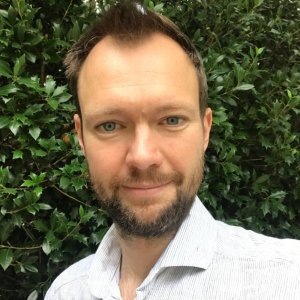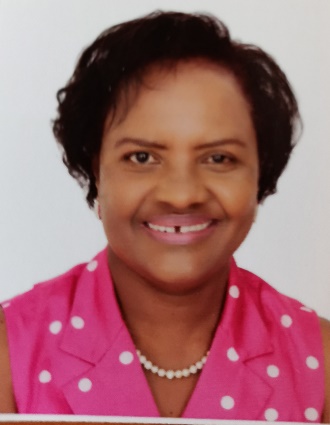About The Event
Theme: Towards Delivery of Climate Resilient Universal Health Coverage Leveraging on Blue and Green Economy
Sub-themes
- Biodiversity, Blue Economy, One health and nature-based solutions – the science and evidence
- Environment, climate & health – the science and evidence
- Building Resilience for sustainable delivery of UHC
- Building Partnership and collaboration and Cross cutting issues
Where
Diamonds Leisure Beach and Golf Resort Lodge , Kwale County
When
Monday 28 th 30 th Aug 2023
welcome remarks
Welcome to the 2nd Health and Climate Change Conference!
Ladies and Gentlemen
It is with great pleasure and a sense of purpose that I extend a warm welcome to all of you to the 2nd Health and Climate Change Conference. As the Chair of this significant gathering, I am honored to host an event that brings together passionate individuals, experts, and leaders from various fields who share a common goal: to address the critical intersection of health and climate change.
In an era where our planet faces unprecedented environmental challenges, the impact on human health cannot be ignored. Climate change poses a multifaceted threat, affecting everything from air quality and disease patterns to access to clean water and nutrition. This conference serves as a platform to foster meaningful discussions, share groundbreaking research, and formulate innovative solutions to safeguard both the well-being of our planet and the health of its inhabitants.
Over the course of the conference, we will delve into a range of topics, including the intricate relationship between climate change and infectious diseases, the importance of resilient healthcare systems, equitable access to healthcare in the face of climate-related disasters, and the role of public policy in mitigating health risks associated with environmental changes.
Our esteemed lineup of speakers and panelists are experts in their respective fields, and their insights will undoubtedly enrich our understanding of the challenges at hand. I encourage you all to actively participate in the discussions, engage in networking opportunities, and collaborate towards actionable strategies that bridge the gap between health and climate.
I would like to express my gratitude to the organizing committee, sponsors, partners, and volunteers who have worked tirelessly to make this conference a reality. Your dedication is a testament to the urgency and importance of the issues we are addressing.
As we embark on this enlightening journey, let us remain mindful of the shared responsibility we hold in preserving the health of our planet and securing a sustainable and vibrant future for generations to come.
Once again, welcome to the 2nd Health and Climate Change Conference. May our collective efforts lead to profound insights, transformative ideas, and a renewed commitment to a healthier, more resilient world.
Thank you.
Sincerely,
Sophie Matu
Chair, Health and Climate Change Conference
Keynote Speakers
Here are our keynote speakers
Prof. Jennifer Orwa, Associate Professor of Pharmacy with vast experience in natural products research. She is currently executing the duties of Deputy Director, Resource Development & Knowledge Management at the Kenya Medical Research Institute. She is entrusted with the responsibility of overall leadership and coordination of knowledge generation, structuring, synthesis, sharing and assessment, for evidence informed decision making in healthcare. Prof. Orwa has received notable awards namely, Order of the Grand Worrier of Kenya (OGW) for excellence in research; Fellow of the Pharmaceutical Society of Kenya (FPSK) for leadership in professional practice and Africa Evidence Leadership Award #AELA2022 for championing use of research evidence. She is passionate and committed to mentoring young scientists to achieve their desired experience in relevant up-to-date research methods for production of high quality research evidence to inform healthcare policy and practice in a friendly environment.
Theme: “Integrating Climate Considerations into Evidence-Informed Decision Making and Universal Health Coverage”
Sub-theme: "Building Resilience for sustainable delivery of UHC"
Sam Kariuki (DVM, MSc, PhD) obtained his DVM from the University of Nairobi (1989), MSc in Pharmacology and Toxicology, University of Nairobi (1991), and a PhD in Tropical Medicine from the Liverpool School of Tropical Medicine (LSTM) in 1997. He was awarded Doctor of Science (Honoris causa) by the LSTM in December 2022. Currently he is Director, Drugs for Neglected Diseases Initiative (DNDi) East Africa Regional Office. Previously, he was Acting Director General at the Kenya Medical Research Institute (KEMRI) (2021-2023) and Director of Research and Development (2018-2022). He is Fellow, African Academy of Sciences and a Honorary Faculty Wellcome Sanger Institute, visiting Professor of Tropical Microbiology, Nuffield Department of Medicine, University of Oxford, and the Ohio State University One-Health Initiative. He is also a member of the American Society for Microbiology and Section Editor, Journal of Medical Microbiology.
Dr Mwitari is a long serving Public Health Practitioner with over 30 years’ experience in public health with substantial expertise in teaching, research, and leadership. He is currently working for KEMRI- Clean Air (Africa) Global Health Research unit as a Senior Research Fellow, Principal Investigator and Co-Director of the unit. He was formerly the Dean school of Public Health and Senior lecture in the Department of Health Systems at Amref international University. Dr Mwitari received his PhD in Epidemiology from Jomo Kenyatta University of Agriculture and Technology, Kenya, and holds an MSc in Communicable Disease Epidemiology (University of London, UK). Mwitari worked in various departments within the Kenyan Ministry of Health as well as the Ministry of Planning and National Development. His last title in the ministry of health was Deputy Director of Public Health. He now leads several international research projects on air pollution, energy and global public health including UK NIHR and FCDO funded research on technical solutions to clean energy access in informal settlements of Nairobi. Download presentation
Trained as an obstetrician-gynecologist, Prof. Khama Rogo earned his PhD and Fellowship in Gynecologic Oncology from Sweden, qualifying as only the second-ever Gyne-Oncologist in East Africa. He is a Fellow of the European School of Oncology. He was awarded Kenya’s first Lifetime Achievement Award in Healthcare in 2019.He has been nominated for and received the coveted Zenith Lifetime Achievement Award for Excellence in Health on June 25, 2021, in Lagos, Nigeria. Additionally, he was recently appointed to Chair the Lake Basin Economics Bloc’s Eminent Persons’ Advisory Committee on Covid 19. He serves on the Boards of IntraHealth/IdealHealth (K). After a successful career in academic medicine in three continents, he embarked on a career in international health where he has been an articulate advocate for reproductive health and rights for over two decades. He is also strongly committed to community health, quality reproductive health, and actively participated in all the definitive RH conferences of our time: Safe Motherhood (Nairobi, 1987), ICPD (Cairo, 1994), Beijing (1995) and Safe Motherhood +10 (Colombo, 1999). Prof. Rogo has served as a consultant to all major international development agencies and in all major hospitals in Kenya. He has also previously served on the FIGO Committee on Women's Sexual and Reproductive Right and represented KOGS in the FIGO Postgraduate Studies Committee at the Singapore Congress.
Mr. Chares W. Mirikau holds a Master of Science Degree in Environmental Chemistry from University of Nairobi. He has been lecturing in the subject and carrying out work in the area for over 30 years focusing on environmental pollution issues and development of mitigation strategies. He has been involved in various programs at the national level, regional and international level that have looked at regulatory framework and policies on chemical management, assessment and monitoring of pollutants in the environment. He was member of the consultancy team that carried out the country’s first National POPs inventory and served as one of the lead experts in the Unintentional POPs sector. He was a member of the national committee that developed the National Implementation Plan as a follow up to the inventory. He was nominated by Kenya to the UNEP Toolkit Expert Group /Best Available Technologies (BAT) and Best Environmental Practices roster whose tasks includes developing and updating a Toolkit for Identification and Quantification of Releases of Dioxins, Furans and Other Unintentional POPs that is used by countries globally to take inventories of their UPOPs releases and report back as required under the Stockholm Convention. At national level, he was also involved in the development of a pollutants monitoring protocol for the Nairobi River Basin and at the international level, he has been involved in the Global Monitoring Plan whose aim was to establish a framework to strengthen skills for sampling and analysis of POPs and to continue monitoring the presence of persistent organic pollutants (POPs) in the environment and humans. He as a desire to ensure that every man, woman, boy and girl gets relevant information to enable them make appropriate decisions to assist them live safely in our world that is full of many toxins.
After initially training and practicing in clinical medicine (at Bristol University, and also including a BSc in Global Health from UCL), I completed my Masters in Public Health at Harvard School of Public Health as a Kennedy Scholar. From there, I joined the UK Department for International Development (DFID - now the Foreign, Commonwealth and Development Office) as a Health/Nutrition Adviser, in a series of roles working in Pakistan, Yemen, Whitehall and then leading the UKaid human development programme in Zambia. I subsequently joined the Children's Investment Fund Foundation (CIFF) in London as a Senior Fellow to lead development of their Early Childhood Development strategy and programming and supporting work to build linkages between global health and climate portfolios. In addition to my role at LSHTM I work/have worked as a consultant to the Clean Air Fund (a philanthropic initiative with a mission to tackle air pollution around the world), Google X, the Conrad N. Hilton Foundation, WHO, and DFID.
Reuben is an economics and finance professional who has worked extensively on sustainable finance and climate risk work in Africa. Previously, he served as the Africa Regional Lead at UNEP FI and has also done consultancy work for many organizations including the World Bank, FSD Kenya, UNICEF, UNCTAD, UN PAGE, and London School of Economics (LSE). He has also written extensively including in the Centre for Economic Policy Research (CEPR), Africa Ahead, and Africa Policy Journal of Harvard Kennedy School. Prior to joining UNEP, he worked at McKinsey and Credit Suisse. He has worked/travelled in 15+ countries with multiple work experiences in Africa and Europe. He is the founder of the Kenya Climate Directory, which is a repository of climate information in Kenya. Previously, he served as a subject expert for the Sustainability and Climate Risk (SCR®) global certification program. He has made several media appearances including on CNBC Africa, NTV Kenya, Africa Ahead, Business Daily, and Global Shapers. He holds a Bachelor in Financial Economics from Strathmore University (Kenya) and a Master in International Economics from the Geneva Graduate Institute (Switzerland). He is a consultant on climate risk and sustainable finance and is currently pursuing a PhD in International Economics at the Geneva Graduate Institute.
Dr. Leon Ogoti is a public health scientist whose primary responsibilities entail applying evidence-based advocacy to inform crucial public health interventions. Their academic background lies in human medicine and surgery, and they have additionally pursued postgraduate training in Tropical Medicine (UoN), Travel Medicine (Wits, SA and Liverpool, UK), and Medical Ethics and Health Law (UNESCO-Melbourne). Currently, they hold the position of a senior Psychiatry resident at the UoN. In addition, they oversee the Public Health Committee of the Kenya Medical Association and hold a seat on the Tobacco Control Board. Their primary areas of research interest encompass substance use disorders and the social & environmental determinants of mental illness, with a particular focus on the role of climate change.
The author of "Climate Change, Variability and Human Health Protection Policy Options: Spatial-Temporal Trends and Health Adaptation on Climate Change and Variability Linked Malaria Epidemics, Kenya Highlands" is known for their work in the field of climate change and health protection policies. The book is available at this link: [Amazon Book Link](https://www.amazon.com/Climate-Change-Variability-Protection-Options/dp/384734093X). In terms of experience, they have served as a country focal point for climate change and health impacts at WHO-Kenya. Their expertise includes managing health hazards, which involves identifying, reducing exposure and vulnerability, and building resilience. They have also provided briefings and technical support to country-level delegates at UNFCCC COP meetings for global climate change and health negotiations over the past decade. Recently, they played a role in providing technical support for Kenya's participation in a WHO side-event on Climate Change and Women's Health during COP 27 in Egypt. Currently, they hold a position at the WHO Kenya Country Office as the National Professional Officer for Public Health and Environment (NPO/PHE), with a specific focus on Health & Climate Change. For contact, they can be reached at the email address: nziokas@who.int.
Susan Kavai obtained her BSc (2015) and MSc (2019) in Medical Microbiology at Jomo Kenyatta University of Agriculture and Technology, Nairobi, Kenya. For her school projects, she focused on AMR of enteric food borne pathogens such as Salmonella and E. coli. She is currently a Research Scientist at the Centre for Microbiology Research in Kenya Medical Research Institute. Over the last 8 years, she has worked in various projects on antimicrobial resistance, epidemiology, basic and molecular characterization of food borne enteric pathogens including Salmonella species, Escherichia species and Vibrio species that are commonly isolated in endemic settings in Kenya and sub-Saharan Africa. She has co-authored over 7 publications in peer reviewed journals. At present there are 2 ongoing projects on epidemiology and carriage of Typhoidal and Non Typhoidal Salmonella that she is actively involved in managing the laboratory quality management systems as well as all project data bases. She is also a principal investigator in a project focusing on antimicrobial resistance and carriage of methicillin resistant staphylococcus aureus in dairy farming in Kenya. Susan is also a PhD student undertaking a Doctor of Philosophy in Tropical and infectious diseases at the University of Nairobi, Kenya.
Philip is the Director of Stockholm Environment Institute (SEI) Africa Center where he leads SEI’s research and policy engagement on environment and development in Africa. He also serves as the Chair of the Advisory Board of the United Nations University – Institute for the Advanced Study of Sustainability (UNU-IAS) in Tokyo, Japan. He has over 20 years of experience in applied research, project coordination, policy analysis, and university teaching. He has led and co-authored more than 50 publications, including peer reviewed journal papers, technical reports and book chapters, and has been instrumental in coordinating air quality, climate change and biodiversity research and policy engagement at continental, regional and national levels across Africa. Philip holds a PhD in Geography from McGill University (Canada), an MSc in Conservation Biology from the University of Cape Town (South Africa), and a BSc in Environmental Science from Egerton University (Kenya).
Dr. Margaret Wachu Gichuhi is a Senior Research Fellow/Consultant in Environment and Climate Change at the Institute of Energy and Environmental Technology, Jomo Kenyatta University of Agriculture and Technology. She has a PhD in Environmental Management from Jomo Kenyatta University of Science and Technology, a Master of Arts in Environmental Planning and Management (University of Nairobi), Post-graduate Diploma in Population studies and development and a Bachelor of Education, Geography (University of Nairobi). She has extensive experience for over twenty years in Environmental and social safeguards and is an Environmental and Social Impact Assessor (ESIA) Lead expert accredited by the National Environmental Management Authority. Margaret is peer journal reviewer of the Journal of Agriculture Science and Technology (JAST). In addition, Margaret has cooperated with various institutions in areas of research, professional input and consultations such as; Ministry of Environment and Natural Resources, NEMA, World Vision, National Council for Population and Development, Kenya Association of Manufacturers, IUCN and Women Educational Researchers of Kenya (WERK). Dr. Margaret Gichuhi’s main interest is advanced research and consultation in environmental resource management, climate change adaption and mitigation, green finance and inducting society into adopting green building policy.
Naomi Mutie is a Public health practitioner and Researcher currently working in the Waste management , Pollution control , Climate Change & Health at the Division of Environmental Health , Ministry of Health Headquarters. She is a trained management and Leadership coach and currently pursuing her doctorate in strategic leadership and management in Paris School of Business (PSB). She holds a master degree in Community Health and Development and post graduate diploma in Health Service Management from Galilee International Management Institute (GIMI) Israel among other certification in strategic leadership and management. Naomi has served in County Government of Machakos as a County Executive Committee Member for Finance and Economic Planning (Mar 2022- Oct 2022) Road, Transport and Public Works ( July 2020- August 2022). Water Environment Natural Resources and Climate Change( July 2018- July 2020 ) Health and Emergency Service (April 2013- June 2018). Has 9+ years of experience and competence in strategic management, project management and team leadership in the county public finances and revenue, water and health sector and county infrastructure (Roads& Public Works). Naomi Has extensive experience in teaching, she has been a senior lecturer in KMTC for 8 years , Her areas of focus were research , demography, biostatistics, community health and pollution control and food quality control. Has a rich background in public health, environment, water, strategic management, sector policy formulation, leading county departments in budget preparation including public participation, preparation and approval of county fiscal strategy paper that outlines the county spending priorities by executive committee and county Assembly. Co-ordination for budget interrogation by sectoral committees. Co-ordination of Budget Estimates Approvals by County Assembly and Office of Controller of Budget. Coordination of preparation and submission of financial reports and quarterly and annual performance reports. Served in public service for more than 25 years. Has accumulated 9 years of strategic leading and managing teams. Has extensive experience in policy formulation, coordination and monitoring implementation of both National and County policies in Health sector, Water and Environment sector and County infrastructure and county public finance for improved service delivery. Download Abstracts , Download Presentation

